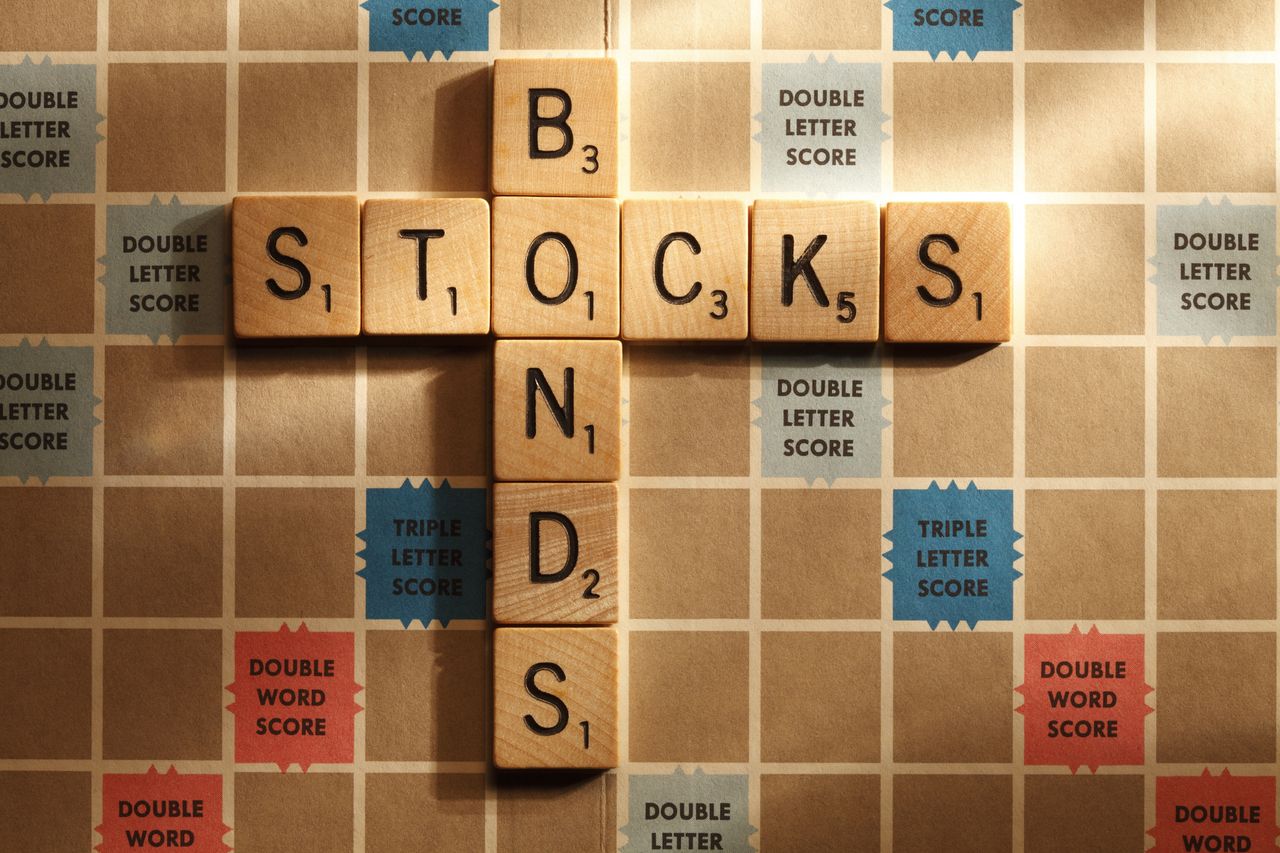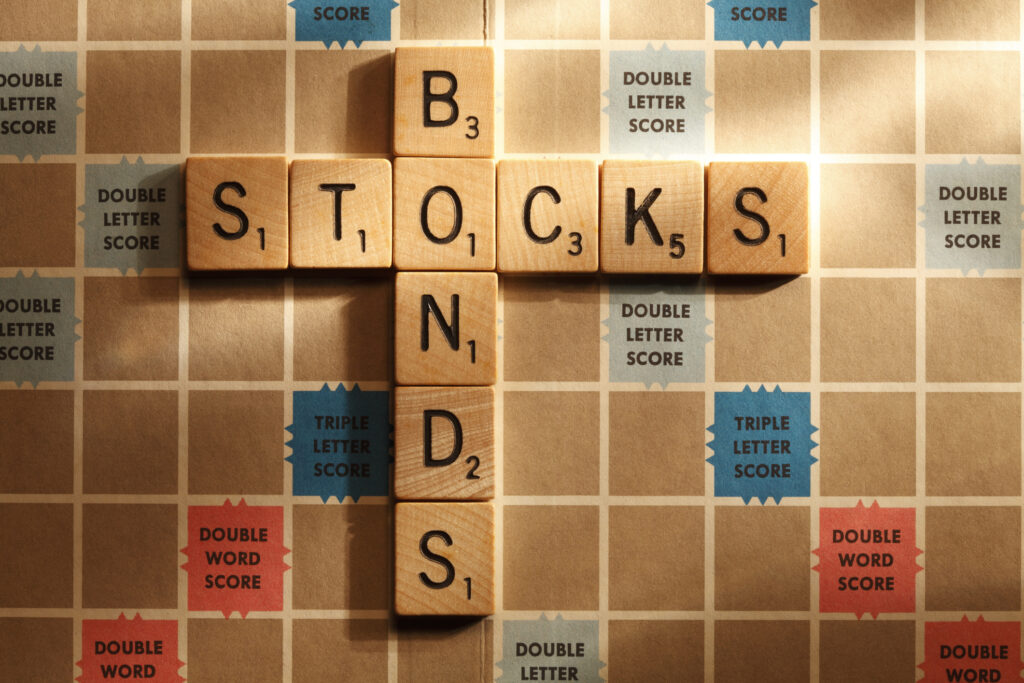
Question: I want to retire next year, and I’m wondering if I should I keep my money in the stock and bond markets?
Answer: First things first: You will face a bear market in retirement.
For most folks who live to a ripe old age, it is an inevitability. Bear markets are part of investing, and you should expect one or two of them per decade.
Sign up for Kiplinger’s Free E-Newsletters
Profit and prosper with the best of expert advice on investing, taxes, retirement, personal finance and more – straight to your e-mail.
Profit and prosper with the best of expert advice – straight to your e-mail.
But the timing here is critical. If you suffer a bear market after several strong years of stock returns, chances are good that it’s not going to dramatically affect your lifestyle in retirement.
But if you have the misfortune of experiencing a bear market shortly after you retire, you may see your portfolio permanently impaired.
So, let’s dig into this. Let’s say you’re planning to retire next year. Should you keep your money in the stock and bond markets?
The answer is probably yes, though there are some major caveats and a handful of general rules you need to consider.
No two retirees are the same
You have one major priority in retirement: Ensuring you have enough income to cover your living expenses. Everything else is secondary.
So, do a little math here. How much will you be getting every month in Social Security? Do you have any other sources of guaranteed income, such as a pension or annuity?
Add these figures up. And then compare them to your expenses. If your guaranteed income is enough to cover your baseline living expenses (or at least close), then you can afford to take more risk with your portfolio. If the market hits a rough patch, it’s not going to derail your retirement.
Now, let’s consider another scenario. You’re expecting major expenses early in retirement, such as buying a property or covering out-of-pocket medical expenses.
If you think you’ll need the funds within the next four to five years, it probably makes sense to move them out of the stock market and into a short-term bond ladder or a money market fund.
Let’s say you’re somewhere in the middle. You plan to dip into your portfolio to cover your retirement expenses, but don’t have any major imminent expenses.
What should you do?
A portfolio to start your retirement
You may live decades in retirement, so you need growth. Investing too conservatively could mean losing ground to inflation and seeing your living standards fall in your golden years.
But investing too aggressively could mean taking catastrophic losses that could permanently impair your portfolio.
So, how do you split that difference?
We’re going to start with some general rules of thumb, which you should take with a large grain of salt. These are not iron-clad laws of the universe. Think of them as a good starting point as you put your portfolio together.
All else equal, your portfolio should gradually glide from more aggressive to less aggressive as you age. The old rule of thumb was that your exposure to stocks should be 100 minus your age. So, if you’re retiring at 65, you should have 35% invested in stocks and 65% invested in bonds or cash.
With life expectancies getting longer, 120 minus your age has become a common rule as well. It might be best to think of it as a range of 100 to 120 minus your age. So, that 65-year-old could have something in the range of 35% to 55% in stocks, depending on your willingness and ability to take risks.
The 4% rule
You should also take the 4% rule to heart. You take a distribution of 4% of your portfolio your first year in retirement, and then index it to inflation.
So, in a hypothetical million-dollar portfolio, you’d take a distribution of $40,000 the first year and then increase it by 2% to 3% per year.
Several studies, including the original work in the 1990s by financial planner William Bengen, have shown that 4% is a “safe” withdrawal rate. A retiree with a balanced portfolio should expect to live 30 years or more in retirement with very little risk of outliving their money.
You could probably do more than that. Bengen himself suggested earlier this year that a withdrawal rate of as high as 5.5% would likely be perfectly safe in most realistic market scenarios.
Of course, take your own longevity and any bequest motives in mind as well. If you aren’t planning to leave an inheritance to your heirs and your family or health history suggests you might not live all that long in retirement, you might as well take larger distributions earlier and really do retirement right.


